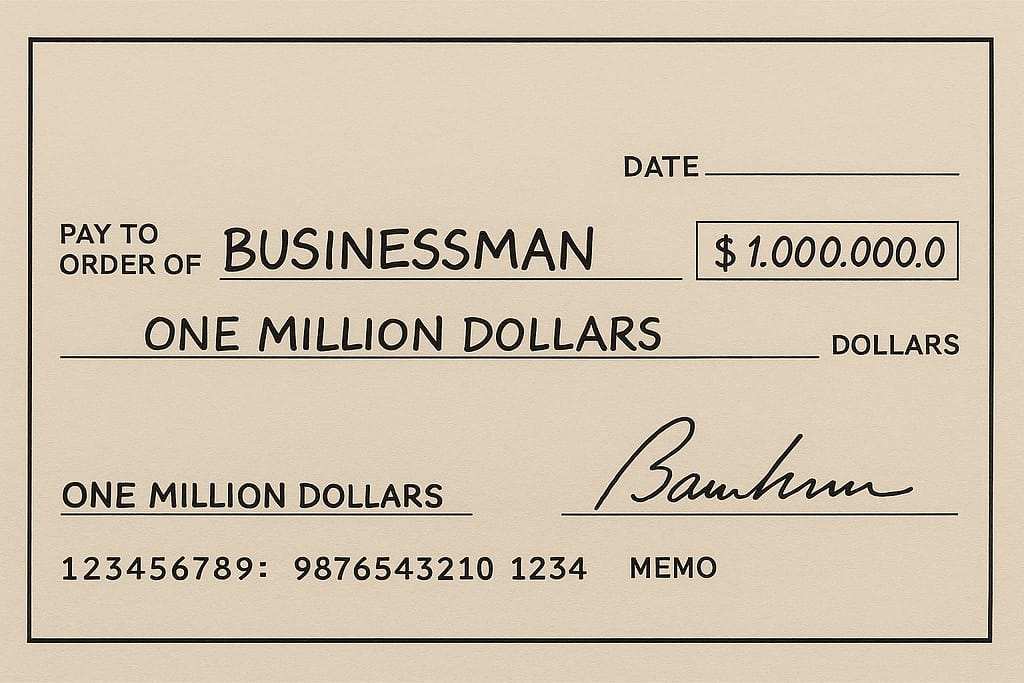Prime Minister Gaston Browne of Antigua and Barbuda has unveiled a significant reform to enhance financial oversight within the government. The new Cabinet oversight mechanism mandates that all major government payments undergo Cabinet review before authorization. This initiative aims to tighten financial controls and prevent unauthorized expenditures, addressing concerns over misuse of public funds.
During his weekly ‘Browne and Browne Show,’ the Prime Minister revealed that the reform was prompted by evidence of Treasury officers and private sector partners circumventing existing safeguards to expedite large payments. Browne emphasized that Cabinet will now directly scrutinize all high-value disbursements to ensure transparency and accountability.
The Prime Minister highlighted instances where influential business players allegedly cultivated ‘captured public servants’ within the Treasury, prioritizing their payments over smaller local suppliers. ‘Sometimes a little man can’t get paid for the bread he supplies to the prison,’ Browne remarked. ‘But the big players go every week and collect their checks.’ He explained that the system allowed a select few to exploit oversight gaps, bypassing necessary approvals.
To address this, Browne announced that all significant Treasury payments will require clearance from both the Ministry of Finance and Cabinet. ‘I called the Accountant General and said, ‘You have no authority to make any large payments. They will now come to Cabinet before you make any payments,’’ he stated. ‘We’re putting down our foot.’
This reform is part of a broader anti-corruption campaign within the government, particularly following the vehicle procurement controversy that exposed weaknesses in oversight. Browne emphasized that the new process will prioritize payments to smaller local businesses that have historically struggled to receive timely payments. ‘The little man that I refused to pay for years—pay them,’ he declared.
While analysts suggest the reform could slow routine financial operations, Browne insists the added scrutiny is essential to restore public trust. ‘We’re not here to make anyone uncomfortable,’ he said. ‘We’re here to make sure every dollar of the people’s money is properly spent.’
The initiative complements other measures announced by Browne, including the rotation of key public officers and the hiring of external validation officers to conduct random audits of Customs and procurement transactions. Together, these steps form part of what he calls a ‘national reset’—a comprehensive effort to rebuild transparency and confidence in public administration.
